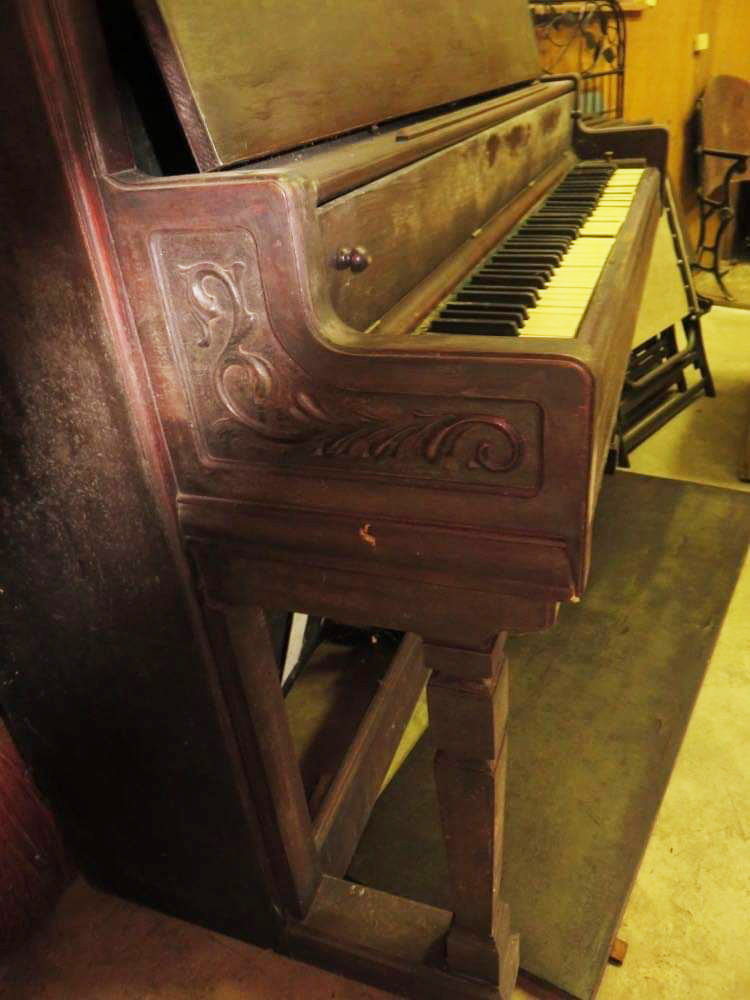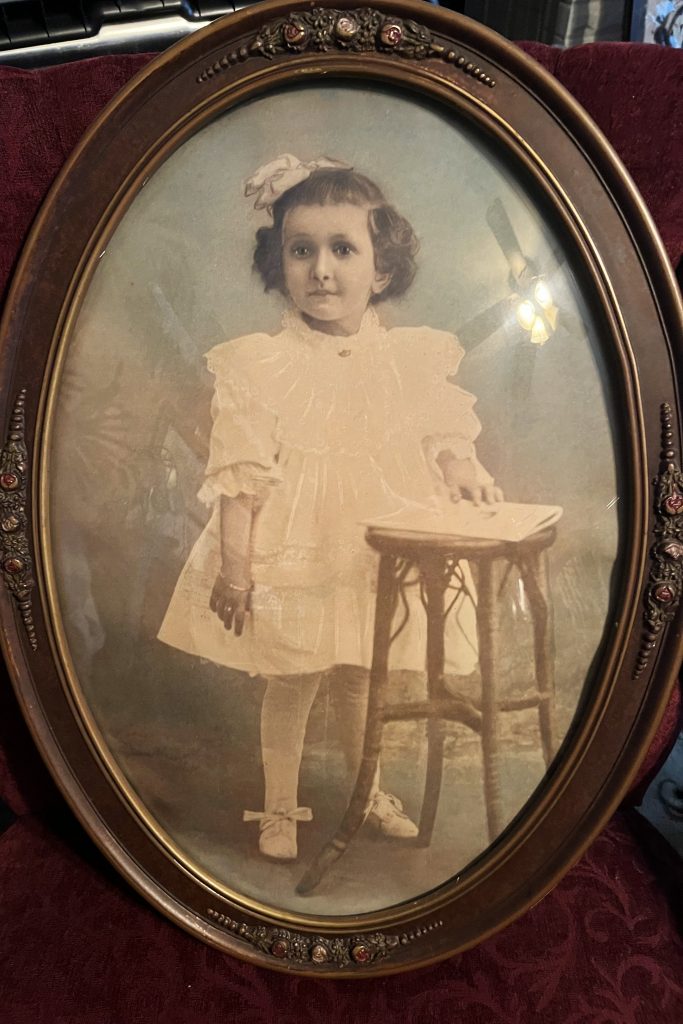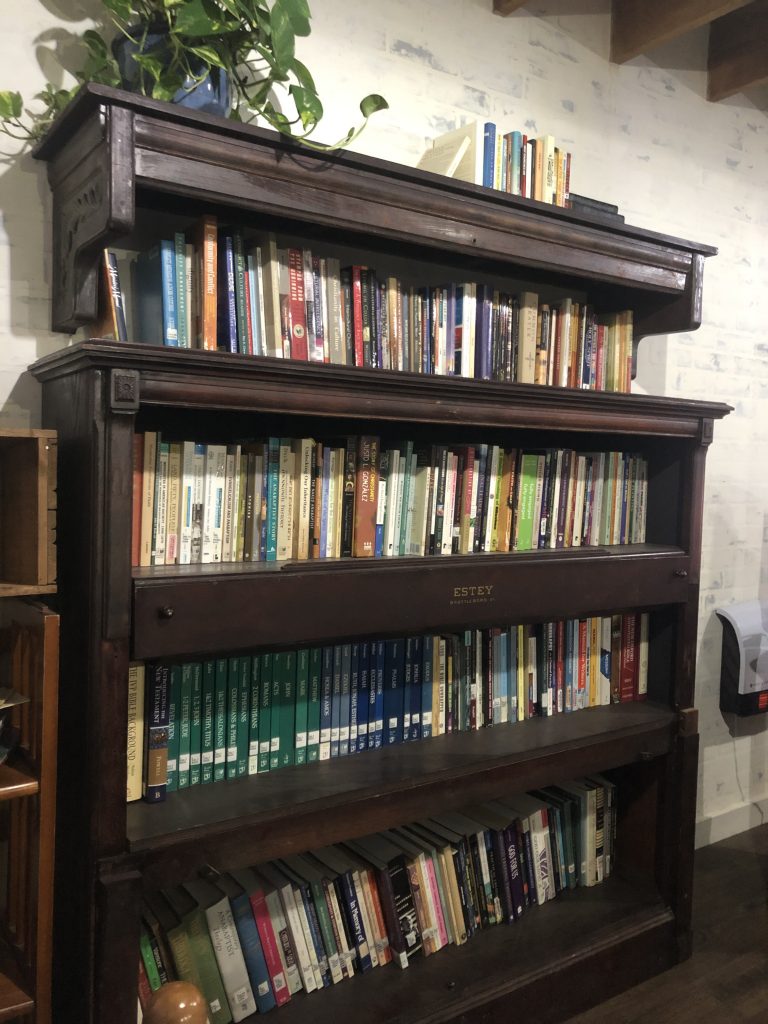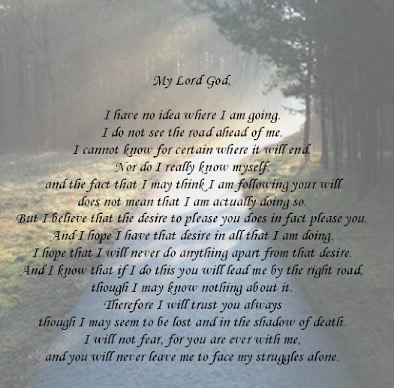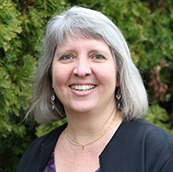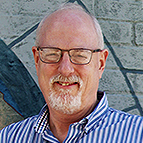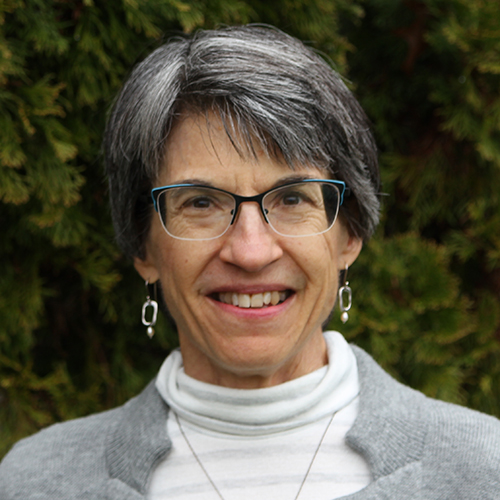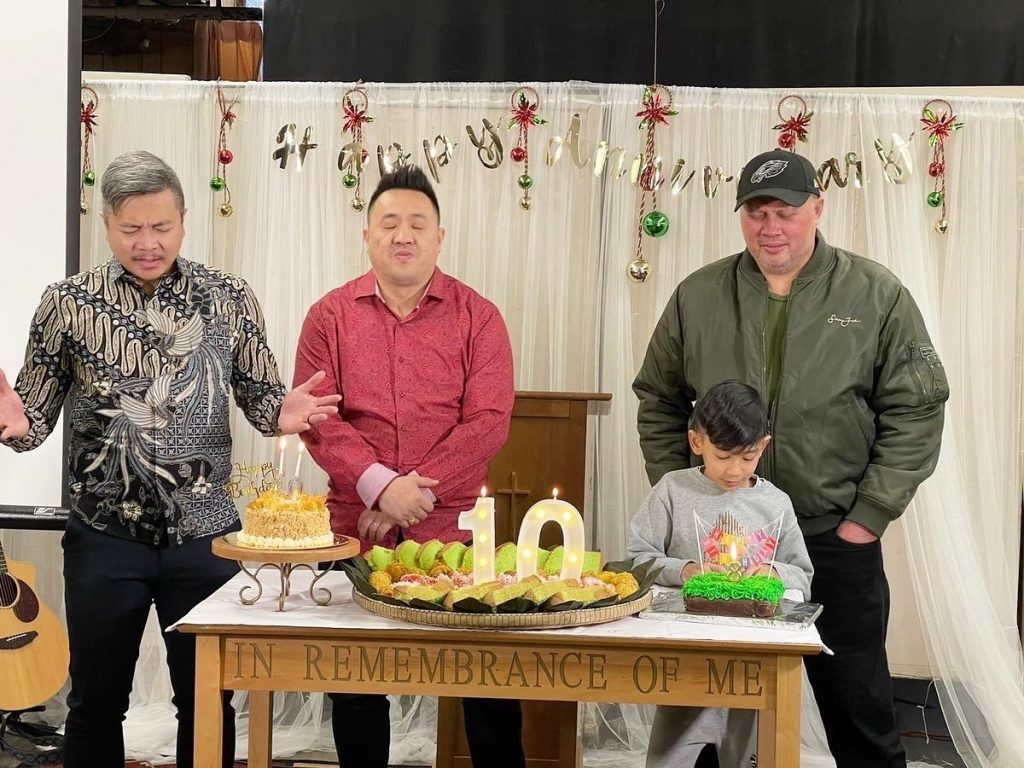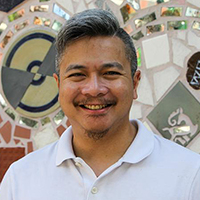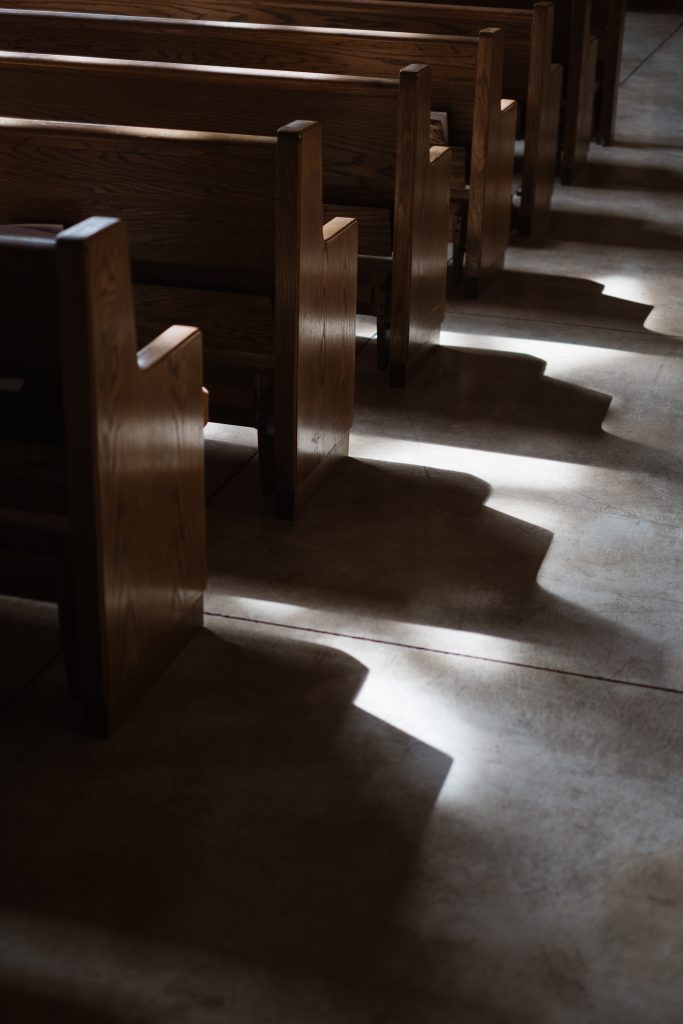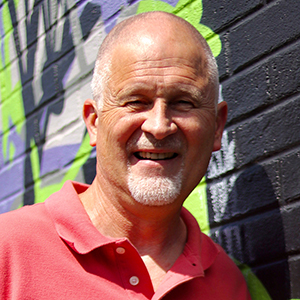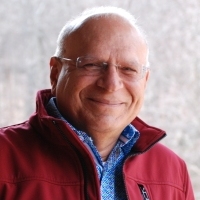by Mike Clemmer
In Ephesians 5:19, the Apostle Paul commands gathered believers to “sing psalms, hymns, and spiritual songs. Sing and make music in your heart to the Lord, always giving thanks to God the Father for everything, in the name of our Lord Jesus Christ.” I wish that Paul would have given more specific directions as to what form our hymn singing and worship should be.
According to Webster’s dictionary, a hymn is “a song of praise to God.” That seems like such a simple definition. However, over the years, music and its use in worship has been at the center of many debates and schisms in the Mennonite Church simply because of certain differences and preferences. In the broader church, these differences in music often have escalated and sometimes are referred to as “worship wars.”
Unfortunately, we in Mosaic Conference have not been immune from them. Throughout our history, changes in music preferences or to the “good old songs” of our past have raised our anxiety levels. These changes in preferences seem to happen in every generation.
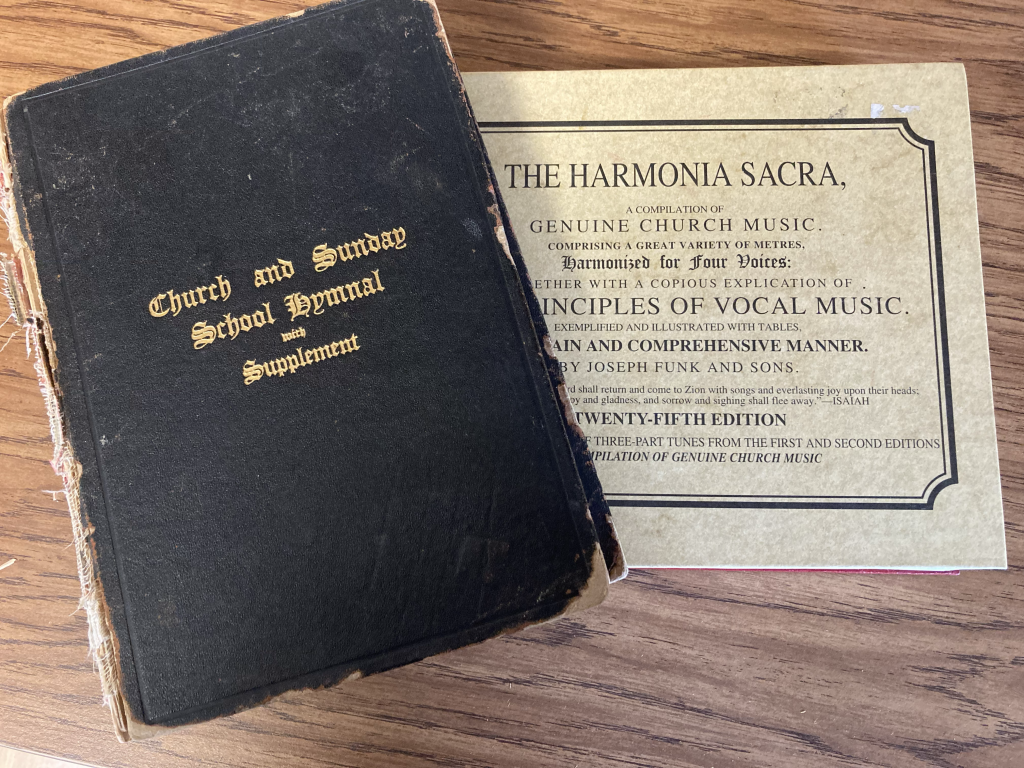
Recently, while paging through my great grandfather’s hymnal from 1905, I noticed that very few of the songs were familiar to me. What happened over the past 100 years that many of these songs are no longer sung in church? Why were they replaced? Was it the theology or the melody? Or, did they simply become outdated?
In the Franconia, PA area, many Mennonites enjoyed learning 4-part harmony at singing schools as early as the mid-1800’s. Yet allowing harmonies to be sung in worship services was mostly forbidden until the late 1800’s. Similarly, when the first English hymnbook of the Mennonite Church (MC) was published in 1902, a switch to singing songs in English rather than German also created anxiety. There are many stories of church leaders weeping out loud or having members walk out the back when their congregation started singing in English, or in 4-parts, or with instrumental accompaniment.
In my lifetime, there have been three new Mennonite hymnals, each bringing pause and pushback by some. Some churches no longer use hymnals, only having the words to contemporary style worship songs projected on a screen. In many places, acapella singing led by a song leader has been replaced with worship bands with lights, drums, and cymbals. Where will it all end? What would our forefathers and foremothers of music and worship, like Joseph Funk, think of all this?
Funk appreciated the use of instruments in sacred music, but he also “believed strongly that music should be sung by all members of a congregation as a participatory form of worship . . . as a kind of musical democracy.” i Although Funk was a great proponent of 4-part singing, he also promoted the idea that full participation of the congregation with their voices is the goal, regardless of the way that it is practiced.
Even though we hold our worship preferences personally and deeply, the idea of singing together as a community of faith should continue to be our focus, regardless of the way it is practiced. My prayer is that we all would “sing psalms, hymns, and spiritual songs. Sing and make music in our hearts to the Lord, always giving thanks to God the Father for everything” (Eph. 5:19).
The opinions expressed in this content are those of the author and may not reflect the official policy of Mosaic Conference.
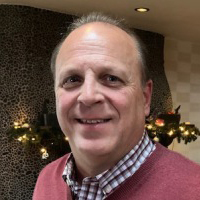
Mike Clemmer
Mike Clemmer is a Conference Leadership Minister and serves as the pastor of Maple Grove Mennonite Church (Lancaster Conference).

